- Home
- Company
- Our Services
Odoo Services
ERP Services
- Odoo Apps
- Our Industries
- Locations
- Resources
- Contact us
Call us today!
+91 93422 58771
- Home
- Company
- Our Services
Odoo Services
ERP Services
- Odoo Apps
- Our Industries
- Locations
- Resources
- Contact us
Call us today!
+91 93422 58771


With Banibro, learn how powerful Odoo is for the service sector! In the service industry, our customized Odoo ERP Software solutions are made to increase customer satisfaction, increase efficiency, and streamline operations. Our Odoo implementation will assist you in managing projects, scheduling appointments, tracking resources, and automating critical processes, regardless of whether your company provides IT services, consulting, maintenance, or any other type of service-oriented business. With Banibro’s Odoo expertise, bid manual tasks a fond farewell and welcome to a more efficient and lucrative service business.
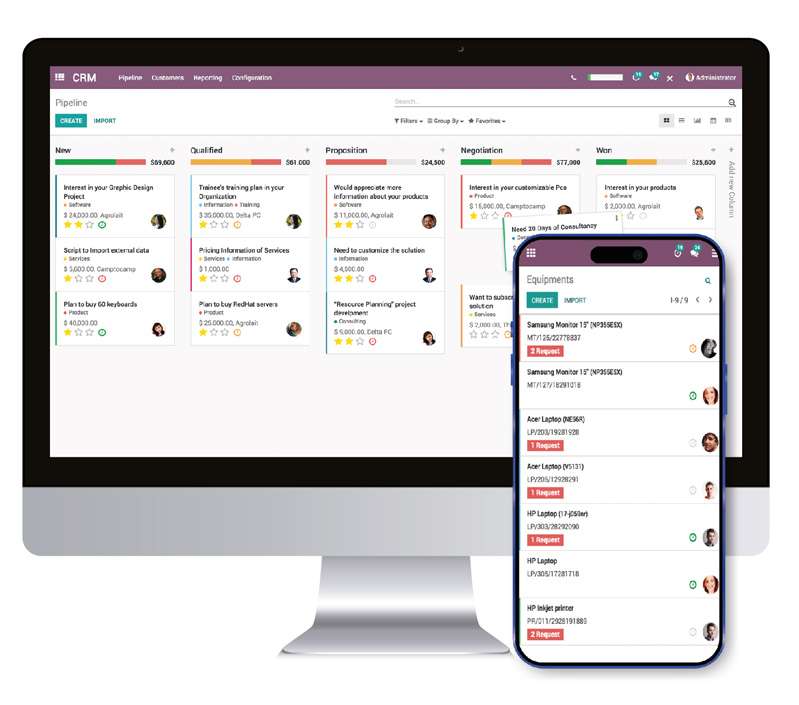










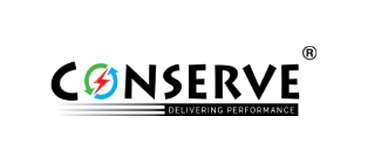


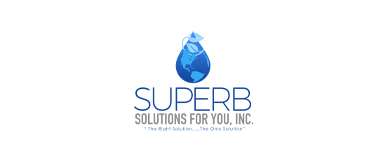


Efficiently track equipment repairs, schedule maintenance, and optimize asset management with our Repair Tracking module for Service ERP
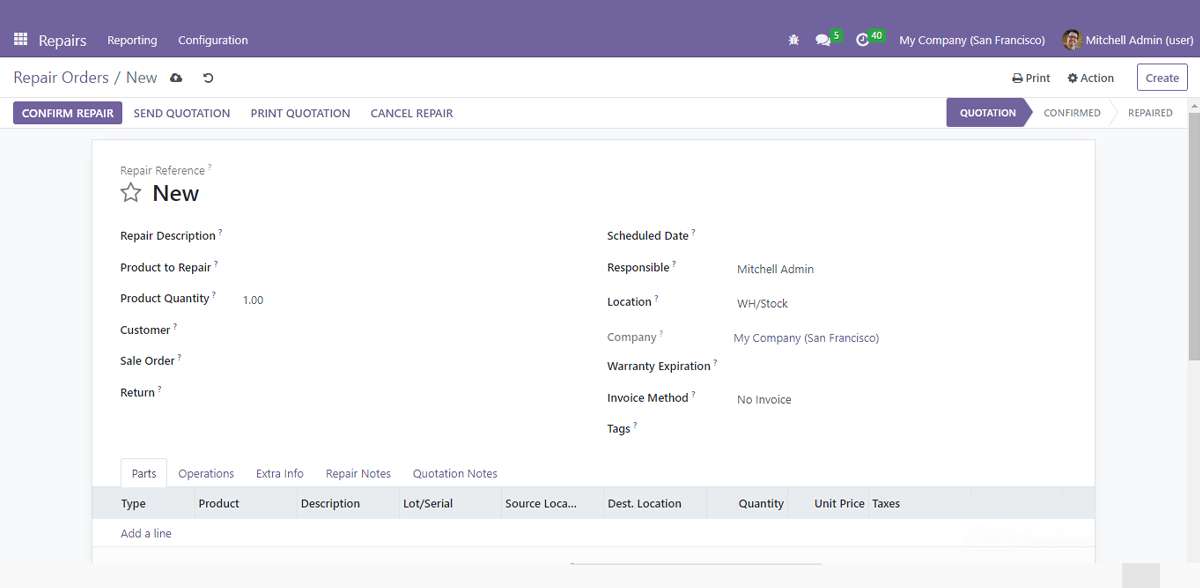
Manage healthcare projects effectively, track progress, and optimize resource allocation with our Project Management module for Service ERP
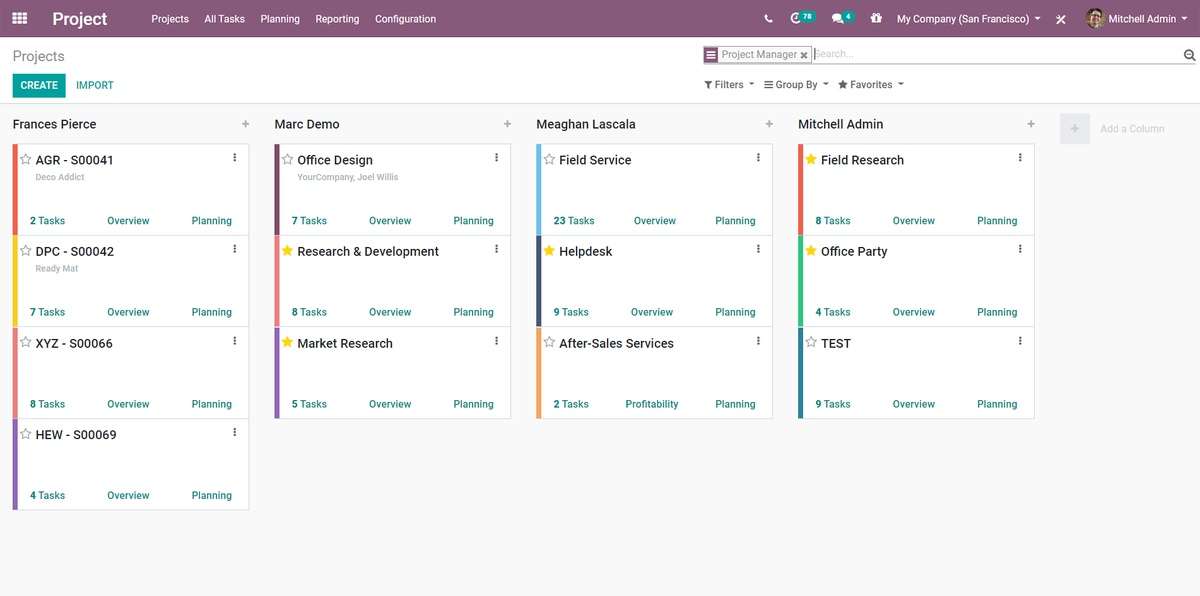
Optimize supply chain operations, streamline procurement, and ensure timely delivery with our Supply Chain Management module for Service ERP

Automate billing processes, generate accurate invoices, and streamline financial transactions with our Invoicing module for service industry ERP

Enhance customer relationships, streamline interactions, and drive business growth with our CRM module for service industry ERP

ERP software can help service industry businesses streamline their operations, improve efficiency, and reduce costs. It can also provide better visibility into business processes, improve customer service, and increase revenue
Any service industry business that relies on core processes such as project management, customer relationship management, and financial management can benefit from ERP software. Examples include consulting firms, IT services companies, and healthcare providers.
Yes, ERP software can be customized to meet the specific needs of your business. Many ERP vendors offer customization options that allow you to tailor the software to your specific requirements.
The implementation timeline for ERP software can vary depending on the complexity of your business processes and the scope of the implementation. Generally, it can take anywhere from a few months to a year or more to fully implement ERP software.
The cost of ERP software can vary depending on the vendor, the features and functionality you require, and the scope of the implementation. It’s important to work with a vendor to determine the total cost of ownership over the life of the software.
Most ERP vendors offer a range of support options, including phone and email support, online documentation and training, and on-site support services. Some vendors also offer community forums where users can ask and answer questions.
Yes, ERP software can be integrated with other systems such as CRM software, HR software, and supply chain management software. Integration can help streamline business processes and improve data accuracy.
ERP software can improve collaboration within a construction company by providing a centralized platform for communication and data sharing. For example, project managers and team members can use the software to collaborate on project planning, scheduling, and budgeting, while accounting and finance teams can use the software to manage financial data and communicate with other departments.
Yes, ERP software can help service industry businesses manage projects more effectively by providing tools for project planning, resource allocation, and project tracking. This can help businesses improve project efficiency, meet deadlines, and reduce costs.
Construction-based ERP software can help with equipment rentals by providing tools for tracking rental agreements, managing equipment availability, and scheduling equipment usage. This can help companies optimize equipment utilization and reduce equipment-related downtime.